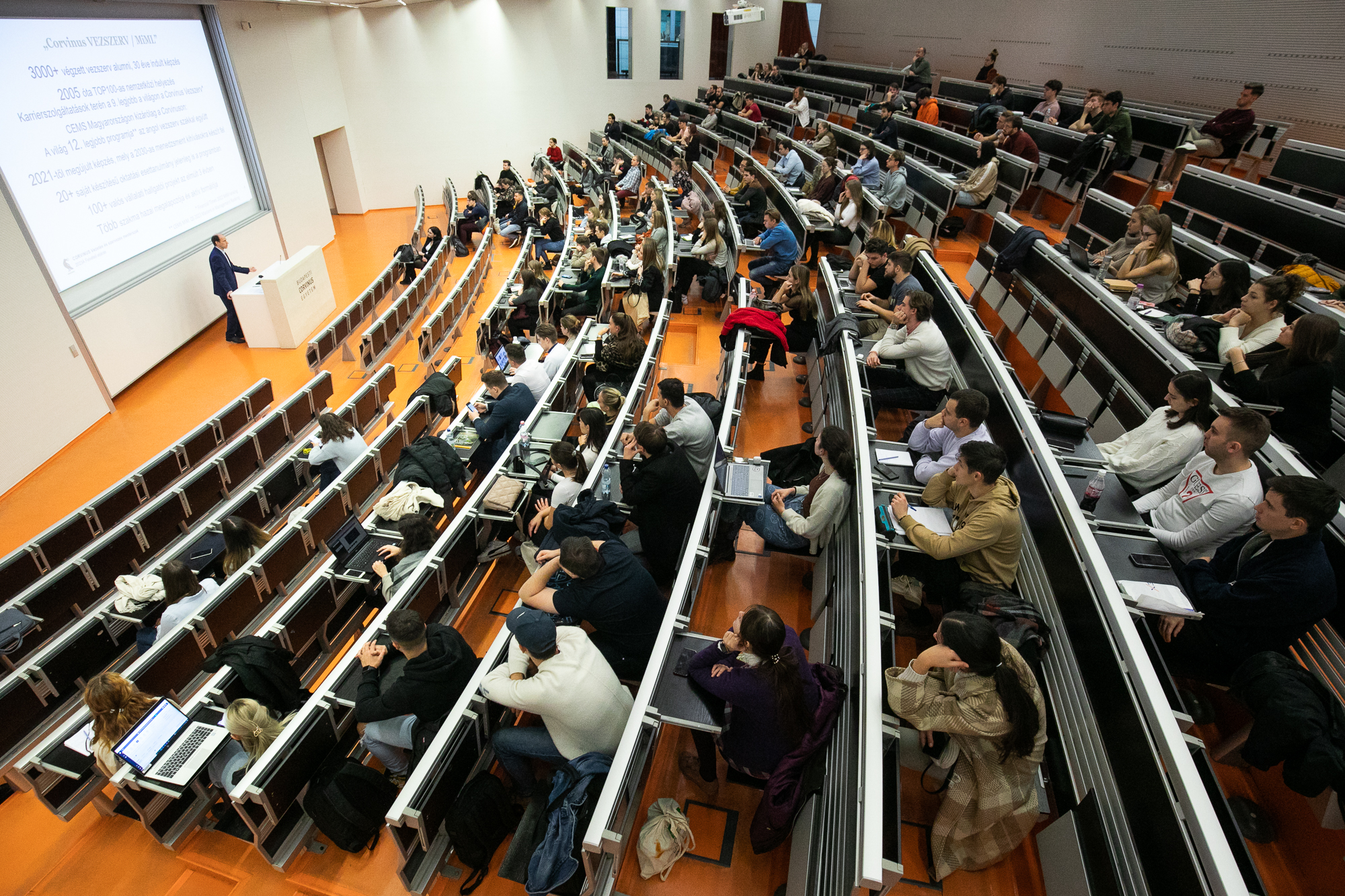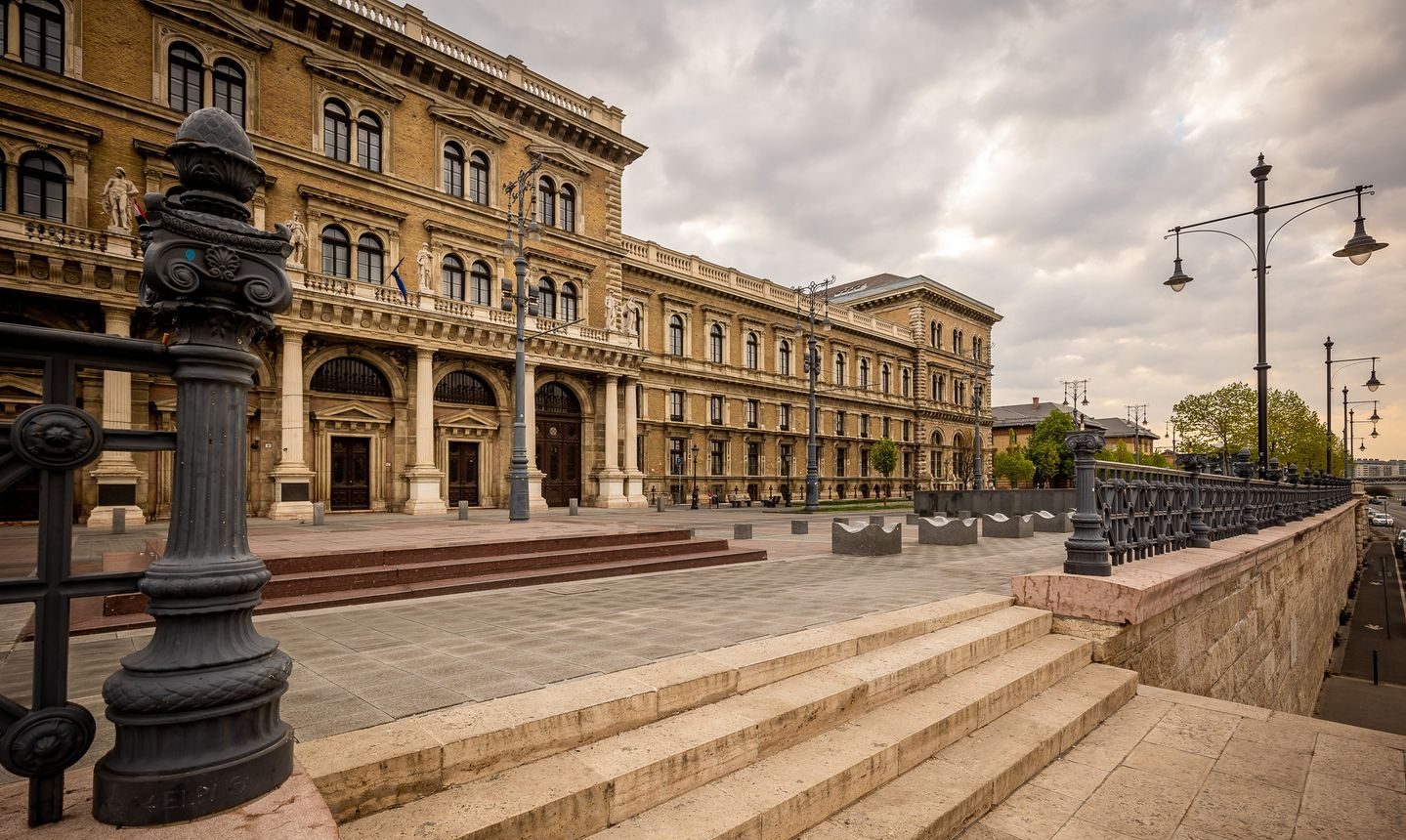
The government sent Brussels a legislative amendment package nearly six months ago.Continue reading

Balázs Hankó, Secretary of State of the Ministry of Culture and Innovation, highlighted the success of Hungary’s model-switched universities at an international conference, writes Magyar Nemzet.
He proudly announced that 12 Hungarian higher education institutions are now in the top five percent globally, with one university in the top one percent. However, he also addressed ongoing legal battles, as six universities have sued the European Commission and the Council of Europe for discrimination against model-changing universities.
Mr. Hankó emphasized the need to win this battle against Brussels to prevent Hungarian students and researchers from becoming victims of a discriminatory decision. Speaking at a conference organized by Mathias Corvinus Collegium (MCC), he explained that the Hungarian university model is based on international examples, prioritizing flexibility and autonomy in academic, financial, structural, and staffing aspects.
The system is performance-based, value-oriented, and its financial model relies on results in research and education.
He expressed concern over Brussels’ political motivations in excluding two-thirds of Hungarian students and 20-22,000 researchers and teachers from the Erasmus+ and Horizon Europe programs. Balázs Hankó argued that higher education legislation is a national competence and that decisions on scholarship programs should be made at the national level, not in Brussels.
Despite amending Hungarian law in 2022, to comply with EU conflict of interest rules, the European Commission has not responded to Hungary’s efforts to reach an agreement.
The Secretary of State stressed disagreements on two key points: the exclusion of Hungarian professors and rectors from boards of trustees and the appointment of board members by an external committee of international NGOs, which he sees as undermining academic autonomy. To counteract the exclusion, Hungary has launched two initiatives. The Pannonia Program, with a budget of HUF 10B (EUR 25.4M), offers international scholarships and full credit recognition for 8,000 Hungarian and foreign students and 200 scholarships of excellence.
Additionally, the HU-rizon program, with HUF 8B (EUR 20.3M), aims to expand research collaborations globally, focusing on digitalization, healthy living, and green transformation.
Mr. Hankó called on universities and students to support this fight against the European Commission’s decision, reinforcing the importance of maintaining academic autonomy and continuing the progress of Hungary’s higher education system.
Via Magyar Nemzet; Featured Image: Facebook / Budapesti Corvinus Egyetem